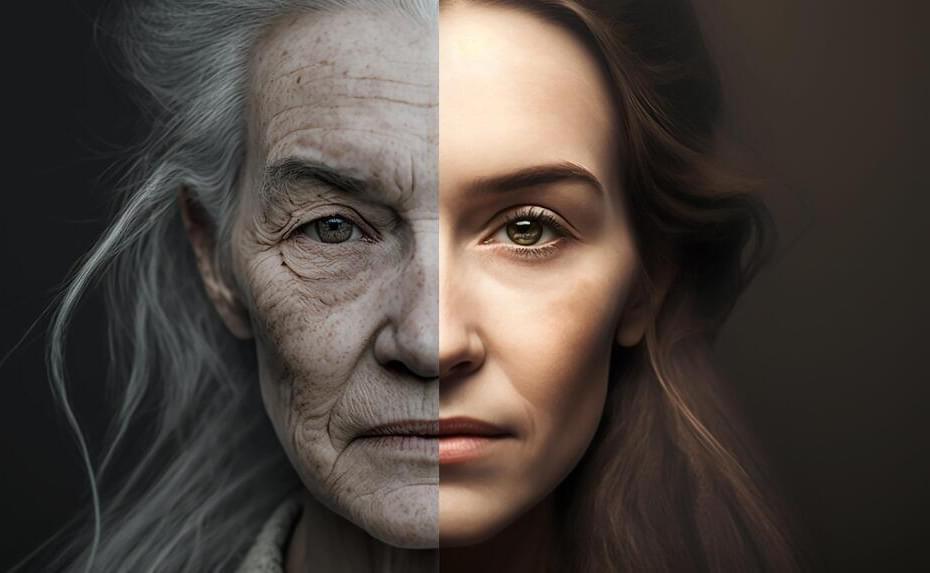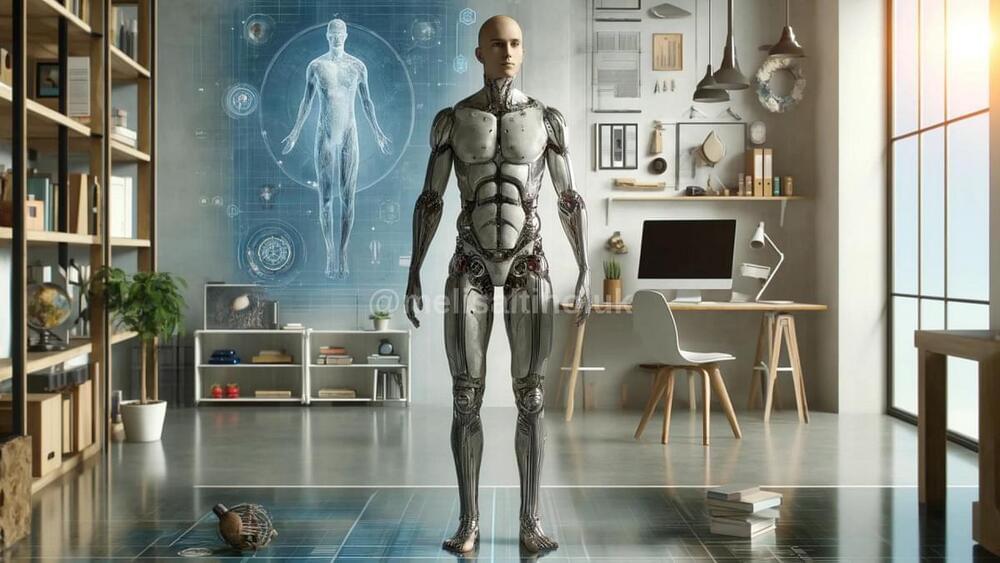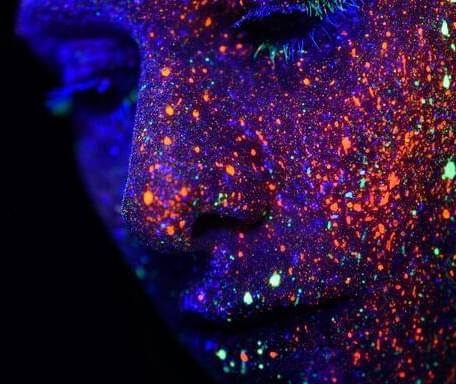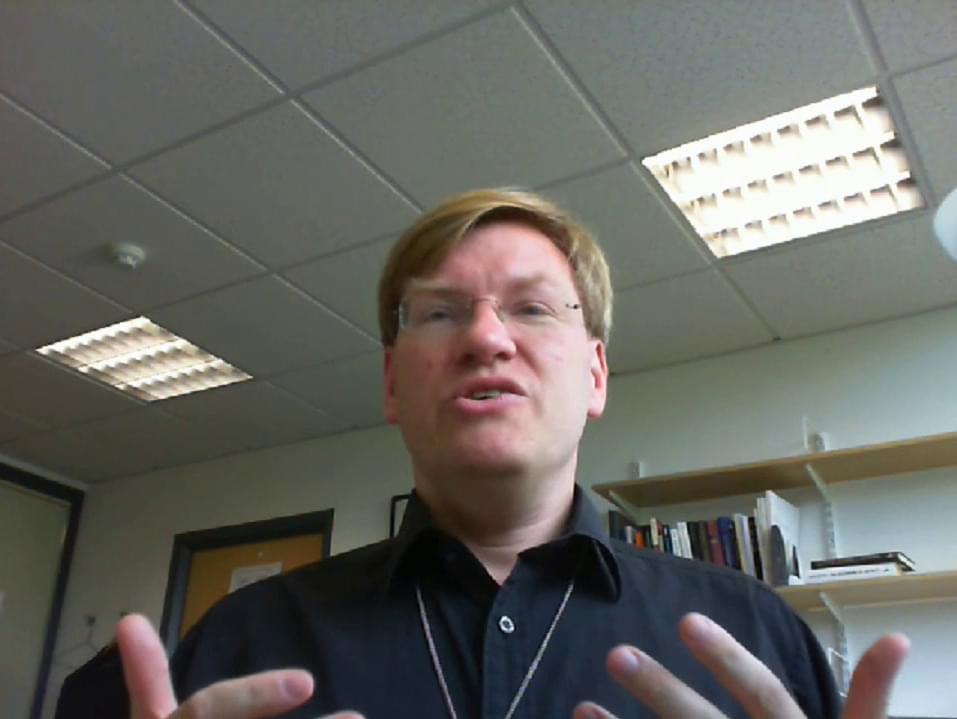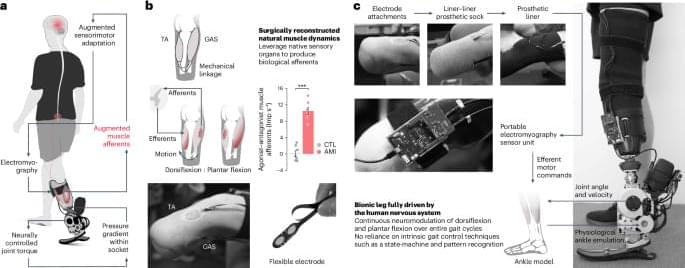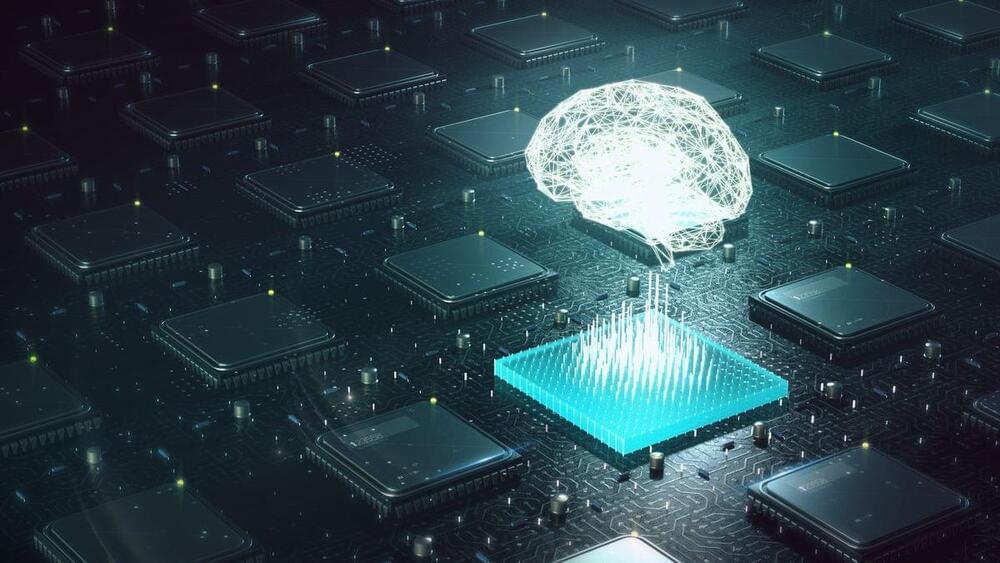Ancient Chinese society was dominated by feudalism. The economy was dominated by agriculture, and the development of science and technology was slow or even suppressed. The main achievements of this era were the four major inventions of China: papermaking, gunpowder, the compass, and printing. Why was this so? For an ancient civilization with a history of several thousand years, why was the development of science and technology so backward? The fundamental reason was the idea of imperial power. Ancient China was centered on the emperor, and everything on the Chinese land was owned by the emperor, including the farmers on that land. The emperor was afraid of a peasant revolution and was afraid that others would take the emperor’s place, and as a result successive emperors would use the policy of fools. Instead of allowing farmers to read books, the emperors just wanted the farmers to plant the land every day, like slaves, so that the farmers would have no ability to overthrow the rulers. This idea of imperial power had greatly suppressed the development of science and technology.
In 1949, Mao Zedong established the first democratic, self-improving, unified China in Chinese history: The People’s Republic of China, a stable country; a country without feudal ideas; and a country that serves the people. Only then did China begin to truly develop its own education, technology, and industry. It was aimed for ordinary people to have food to eat, houses to live in, and books to read, and it was also intended for them to be more involved in technology and democracy. However, Chinese politics had hindered the development of science and technology (superhuman science), such as the Great Leap Forward, which severely reduced China’s productivity and starved many people; the Cultural Revolution had destroyed China’s economic development, education, and technology, bringing China back to pre-liberation overnight. These events were relatively unfortunate. Political struggles have severely hindered the development of science and technology (superhuman science) in China.
In 1978, China began reform and opening up. This phase of reform and opening up was China’s greatest era. China has changed from a closed country to an open country. Deng Xiaoping formulated a basic national policy centered on economic construction, which has enabled China’s economy to develop rapidly. At this time, China attaches great importance to the development of education, science and technology, and the economy. At the same time, special attention is also paid to foreign exchanges, and advanced education and technology have been introduced from abroad. In education, a large number of international students are sent to study in developed countries such as the United States, which has cultivated a large number of scientific and technological talents for China; economically, a large number of foreign companies have been introduced to optimize state-owned enterprises and support for private enterprises, so China’s economy has developed rapidly.

